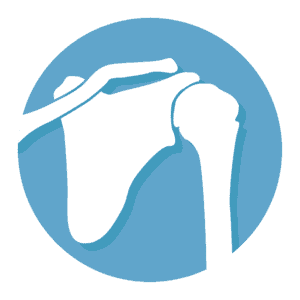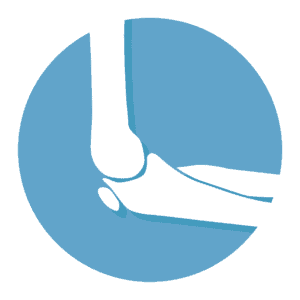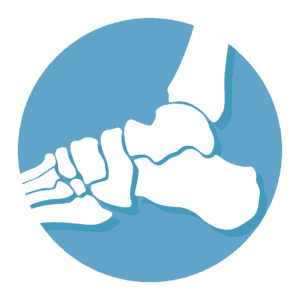
Mild joint pain can be aggravating and annoying. Moderate to severe joint pain can be limiting and debilitating. The first step to effectively treating joint pain that will not go away on its own is making an appointment with an orthopedic specialist.
Joint Pain
A joint is the connection of two bones. There are many joints in the human body. The most commonly known are the knee, shoulder, and hip. Healthy joints allow the body to move easily and without pain. Diseased, damaged, or injured joints inhibit movement and cause pain. Symptoms related to joint pain may include the following:
- Swelling
- Stiffness
- Redness
- Weakness
- Locking
- Catching
Abnormal sounds associated with joint pain may include clicking, popping, and grinding. In some cases, joint pain and related symptoms can be effectively treated using rest, ice, and over-the-counter pain and anti-inflammatory medications. In others, the condition needs to be evaluated, diagnosed, and treated by an orthopedic specialist.
Analyzing and Monitoring Your Symptoms
Learning how to analyze and monitor your symptoms is the most important aspect of determining if you should be seen by an orthopedic specialist. A pain scale is a valuable resource that can help you. Numeric pain scales are pain scales that allow you to classify and categorize your pain using the following numbers:
- 1-3 - Mild pain that interferes with activities of daily living (ADLs)
- 4-6 - Moderate pain that significantly interferes with ADLs
- 7-10 - Severe, disabling pain; ADLs can not be performed
When your pain presents, you should give it a numerical value. If your pain steadily increases in numerical value over the course of hours, days, or weeks, it should be seen by an orthopedic specialist. Additional signs that your pain needs to be seen by an orthopedic specialist include the following:
- The related symptoms mentioned steadily increase in severity
- A serious accident or injury causes your pain
- A serious accident or injury occurs because of your pain
Some common accidents and injuries include motor vehicle accidents (MVAs), falls, and activity/sports-related injuries.
An Appointment with an Orthopedic Specialist
Orthopedic specialists are medical doctors who specialize in bones and joints. A typical appointment with an orthopedic specialist includes the following:
- A detailed medical history review - The specialist and patient go over the patient's symptoms, medical conditions, activities, and prior injuries.
- A thorough physical examination - The painful joint is examined through the performance of a series of tests.
- Diagnostic imaging studies - X-rays, MRIs, and CT scans reveal problems with the bones and soft tissues of the painful joint.
These three measures give the specialist enough information to make a formal diagnosis and then come up with an appropriate treatment plan. Osteoarthritis is a common diagnosis for many patients with joint pain. The condition is categorized by the wear and tear of the articular cartilage that covers bones and preserves the integrity of joints. When osteoarthritis reaches moderate to severe stages, the bones of a joint may rub against one another and cause inflammation, pain, and swelling. Diagnosing and treating osteoarthritis in its early stages is a very important part of effectively treating the disease.
Seeking Treatment
The information in this article can be used to help you determine if you should see an orthopedic specialist. Joint pain is very treatable once it is diagnosed appropriately. To receive an accurate diagnosis and effective treatment plan, please contact our office and make an appointment with one of our orthopedic specialists.








